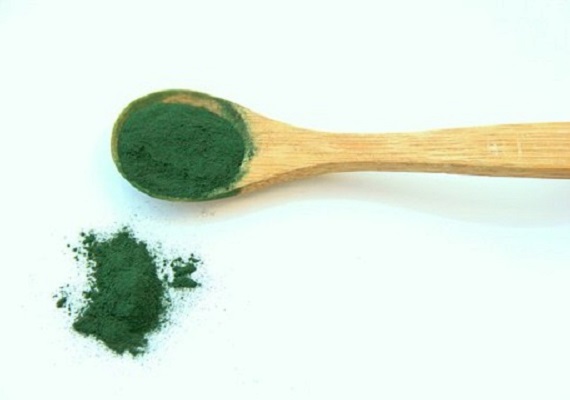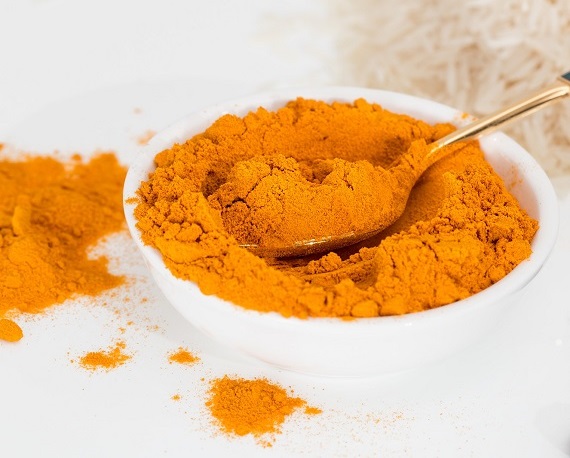Superfoods - a term used to refer to foods considered particularly beneficial to health. Also a term used by marketing to give products a status and an edge over competitor products. So called superfoods can be deceiving, for example blueberries, once labelled a superfood, are really no more beneficial to health than an apple or other fruits, as both fruits provide the body with nutrients that are equally important to health.
Up until 2007 the term superfood could be used freely in advertising, however in 2007 the rules changed. Nutrition and health claims are governed by the European Food Safety Authority (EFSA) and to help clear up confusion surrounding superfoods EU legislation changed so that when claiming a food is a superfood it must also be accompanied by an authorised health claim which has already been approved by EFSA. Health claims are those that claim the product in question can positively contribute towards the functioning of a bodily system or function, for example Vitamin C contributes to the normal function of the immune system" which can only be used for food which is at least a source of vitamin C (for a product to claim it is a 'source of' it must contain at least 15% of the Nutrient Reference Value for that nutrient). So now when a food or drink product claims to be a superfood it must have an accompanying health claim on pack.
New foods with exaggerated health benefits are appearing all of the time which can make it incredibly confusing in terms of knowing what to believe. Here we look at some foods that we believe are the latest popular superfoods and the truth, if any, behind their claims.





